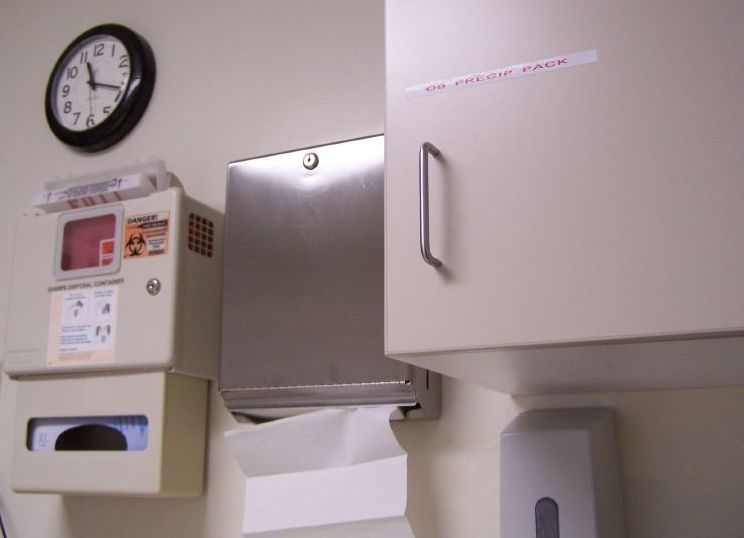Podcast: Play in new window
BOB HIRSHON (host):

Medicine on the clock. I’m Bob Hirshon and this is Science Update.
Time of day could affect the outcome of medical tests. That’s because, according to a new study, the metabolism changes throughout the day. University of Surrey chronobiologist Victoria Revell was on the research team. She and her colleagues took blood samples from volunteers while they lived under highly controlled conditions.
VICTORIA REVELL (University of Surrey):
What we found was that a number of metabolites would have their highest levels during the day and their lowest levels during the night and others, vice versa.
HIRSHON:
She says some of those metabolites are used in medical tests.
REVELL:
So what were really saying is that if you are going to use a certain biomarker to detect a certain disease, then you need to take into account that it could vary across the day.[00:09:08] so it might be that actually if you take a blood sample in the morning it might be higher than if you take it in the afternoon.
HIRSHON:
She says time of day could also influence the effectiveness of certain drugs. I’m Bob Hirshon, for AAAS, the science society.
